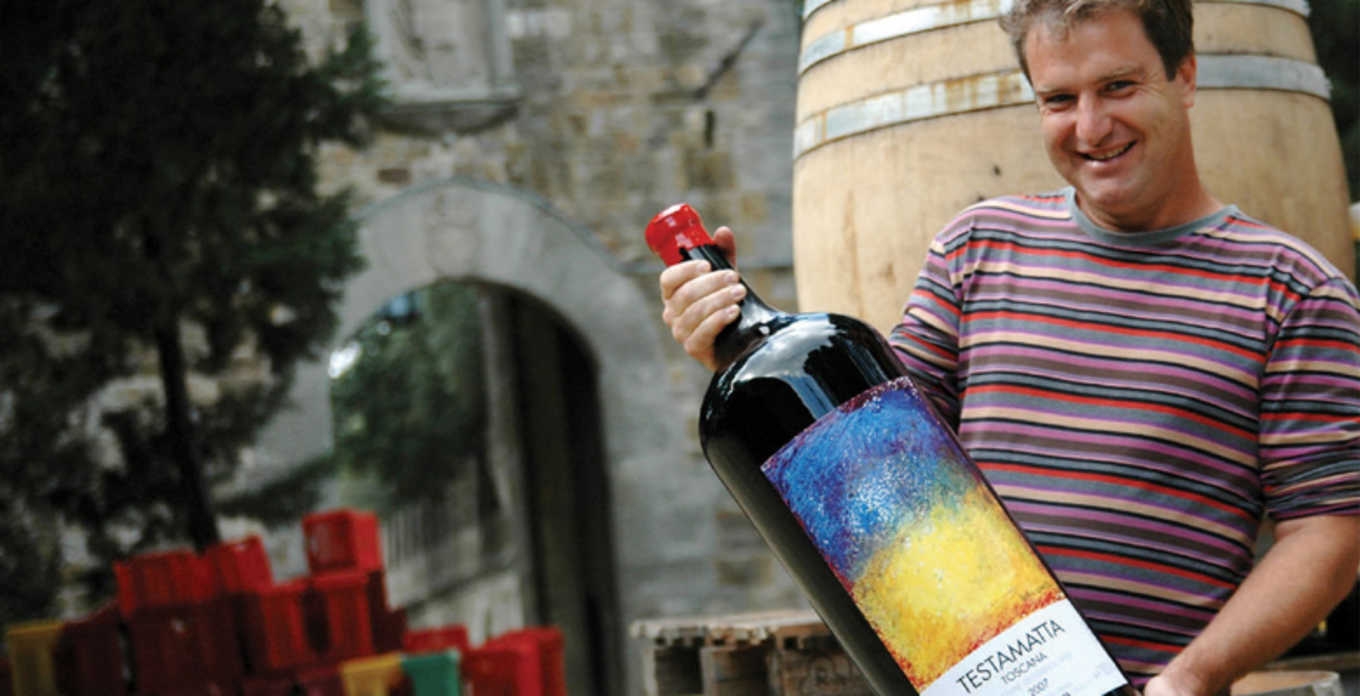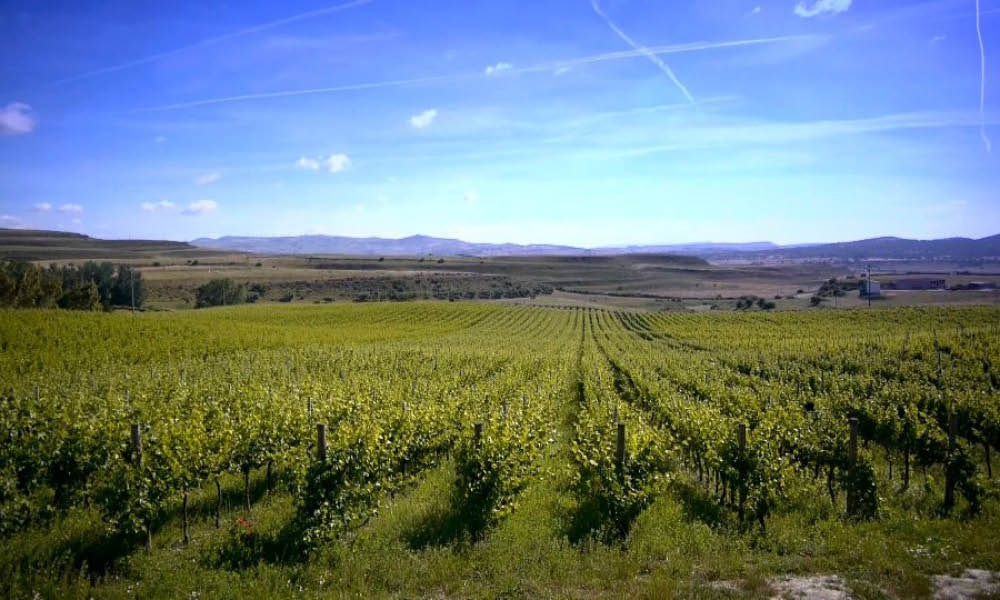
(LUOGOSANTO – OLBIA) We are the third generation of this Sardinian wine company in the province of Sassari. Here, in the locality of Signor’Anna Region, following the tradition, the Soletta family produces red and white wines such as Keramos, based on Cannonau, and wines based on Vermentino.
Tenute Soletta’s History and Terroir
The Tenute Soletta founded in 1996, by Umberto Soletta , is located in Sardinia between Florinas and Codrongianos in the province of Sassari , exactly Località Regione Signor’Anna, in the valley surrounded by the hills of Logudoro, where vineyards and olive groves are an integral part of the landscape, thanks to the orogenic conformation of the territory, which allowed the presence of the vine and the olive tree in Sardinia as early as the Bronze Age (XV-XIV century BC). A fertile plain in the plain, where the vineyards, which extend for 15 hectares in Florinas, produce traditional Sardinian wines, such as the excellent Cannonau Keramos di Sardegna DOC Riservaand a Vermentino di Sardegna DOC with an intense and fresh aroma.
Umberto Soletta, who represents the third generation, still cultivates a vineyard and an olive grove planted together with his father in 1965, with the aim of keeping alive a family tradition strongly linked to the land started by his grandfather in the early twentieth century and with enopoly, created to recover and enhance a territory that has always been special for the goodness and authenticity of its products.
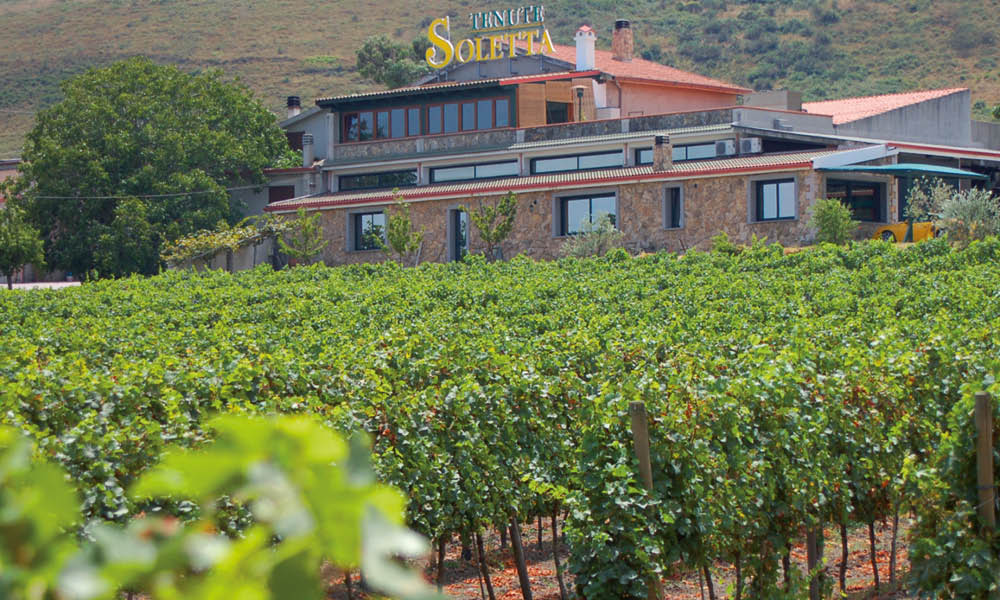
The Philosophy of the wines of Tenute Soletta
This was possible thanks to the careful reclamation of the land, carried out respecting landscape and nature; the recuperation has allowed the return of the traditional typology of the local vineyards, which in turn has created an environmentally-friendly activity and the production of authentic wine. Soletta does not make use of plant-protection products; instead, it complies with the biologic cycle of nature, respecting the rules of bioeconomics used in the economic cycle. For instance, its photovoltaic panels produce solar energy; waste is recycled in the furnace of the producing process.
The company owns 15 hectares where white grapes are grown: Vermentino, crossbreed of Manzoni and Moscato, and red grapes: Cannonau and Cabernet. The new facility is completely focused on a productive cycle processing the produce with state-of-the-art technology. The company produces about 600-700 hectoliters per year. The 1-hectare olive grove produces 10 hectoliters of EVO.
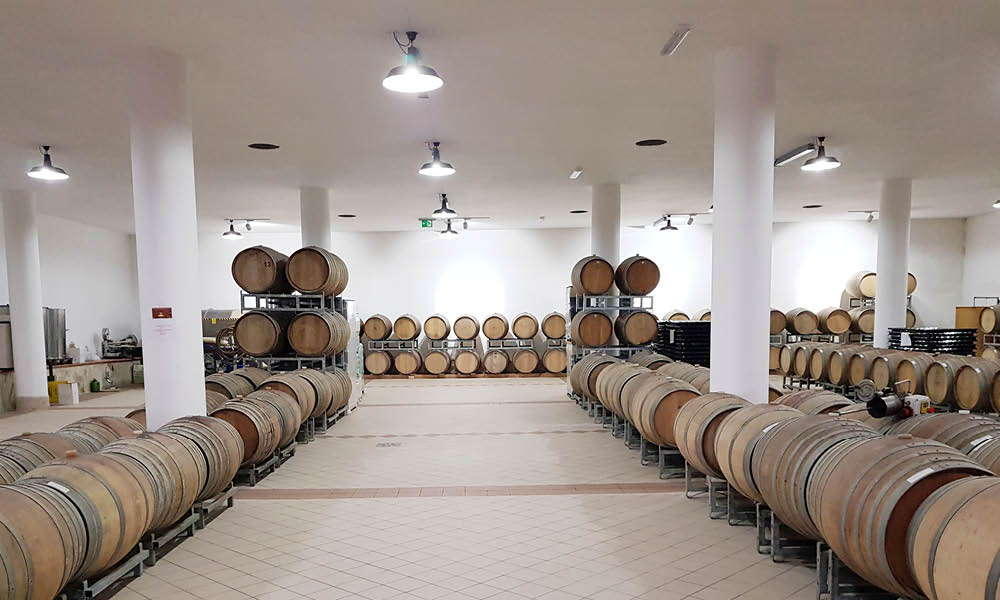
The wines of Tenute Soletta
Vineyards are grown with spurred cordon. The finishing occurs in cement, steel barrels and oak barrels. Despite the regulations that require its use in cellars, the company uses only yeast for white grapes, and very low levels of Sulphur for the evolution of the wine, which is continually monitored. The position of the vineyards favor the creation of three lines of production: “Tenute Soletta”, with three wines bearing Greek names; Umberto Soletta” and “Sardo”, expressing the life of the producer and the identity of Sardinia; and “Grappe Tenute Soletta”.
Keramos
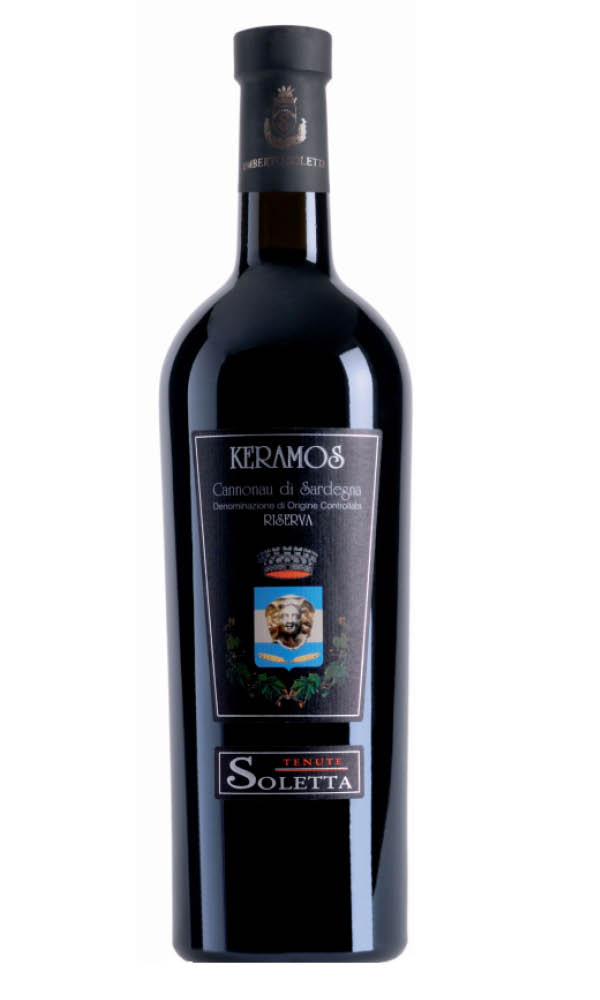
| Appellation: | IGT Isola dei Nuraghi |
| Grapes: | Cannonau e altri |
| Alcohol: | 14/15° |
Info & Contacts Tenuta Soletta
Address: Località Siddura Snc, 07020 Luogosanto (OT)
Tel: +39 079 435067
Website:www.tenutesoletta.it
e-mail: info@tenutesoletta.it
Wine tastings
Direct Sales SI





